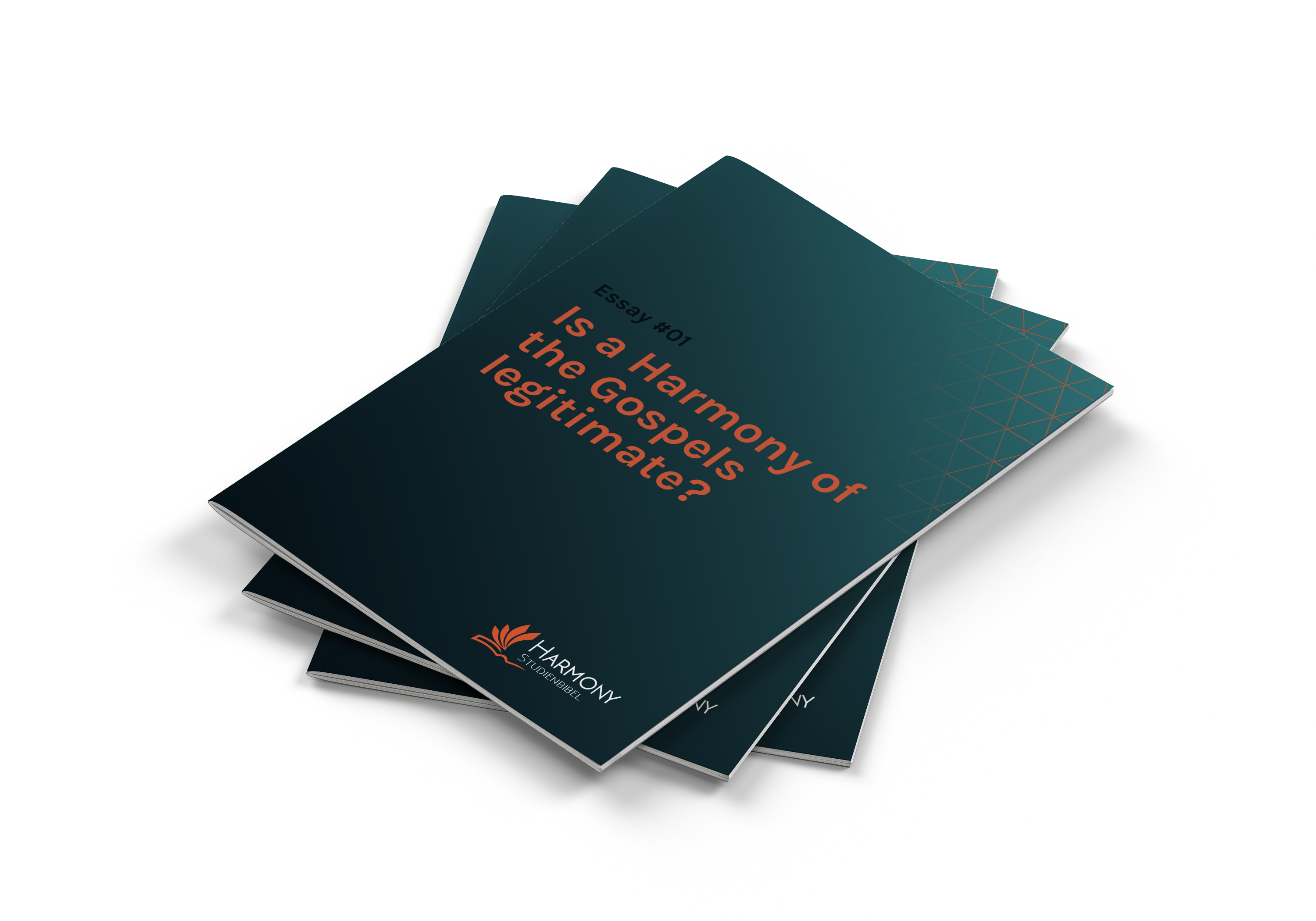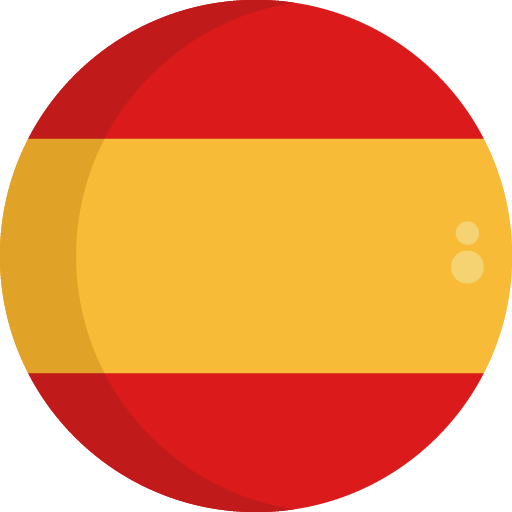Section 137a
Seven woes against the teachers of the law and Pharisees
Jerusalem, in the temple
| Matthew 23:1-36 | Mark 12:38-40 | Luke 20:45-47 |
| 1Then Jesus said to the crowds and to his disciples, 2“The scribes and the Pharisees sit on Moses' seat. 3Therefore observe and do all that they tell you to observe. But do not do what they do, for they say things and do not do them. 4They bind burdens that are heavy and hard to bear and lay them on people's shoulders, but they themselves are not willing to lift a finger to move them. 5They do all their works to be seen by others. They make their phylacteries wide and the fringes of their garments long. 6They love the place of honor at banquets, the best seats in the synagogues, 7greetings in the marketplaces, and when others call them ‘Rabbi, Rabbi.’ | 38Jesus also said to them in his teaching, “Beware of the scribes, who like to walk around in long robes, and to receive greetings in the marketplaces, 39and to have the best seats in the synagogues and the places of honor at banquets, 40who devour widows' houses and for a pretense make long prayers. They will receive a more severe judgment.” | 45As all the people were listening, Jesus said to his disciples, 46“Beware of the scribes. They like to walk around in long robes, and they love to be greeted in the marketplaces and to have the best seats in the synagogues and the places of honor at banquets. 47They devour widows' houses and for a pretense make long prayers. They will receive a more severe judgment.” |
| 8But you are not to be called ‘Rabbi,’ for there is one who is your instructor, the Christ, and you are all brothers. 9And do not call anyone on earth your father, for there is one who is your Father, he who is in heaven. 10Neither are you to be called instructors, for there is one who is your instructor, the Christ. 11But he who is greater among you must be your servant. 12For whoever exalts himself will be humbled, and whoever humbles himself will be exalted. | ||
| 13“But woe to you, scribes and Pharisees, hypocrites! For you devour widows' houses and for a pretense make long prayers. Therefore you will receive a more severe judgment. | ||
| 14“Woe to you, scribes and Pharisees, hypocrites! For you shut the kingdom of heaven in people's faces. You yourselves do not enter, nor do you let in those who are trying to enter. 15“Woe to you, scribes and Pharisees, hypocrites! For you cross sea and land to make a single convert, and when he has become one, you make him twice as much a son of hell as yourselves. | ||
| 16“Woe to you, blind guides, who say, ‘If anyone swears by the temple, it is nothing; but if anyone swears by the gold of the temple, he is bound by his oath.’ 17You fools and blind men! Which is greater, the gold or the temple that makes the gold sacred? 18You also say, ‘If anyone swears by the altar, it is nothing; but if anyone swears by the gift on the altar, he is bound by his oath.’ 19You fools and blind men! Which is greater, the gift or the altar that makes the gift sacred? 20Therefore, whoever swears by the altar swears by it and by everything on it. 21And whoever swears by the temple swears by it and by him who dwells in it. 22And whoever swears by heaven swears by the throne of God and by him who sits upon it. | ||
| 23“Woe to you, scribes and Pharisees, hypocrites! For you tithe mint, dill, and cumin, yet you have neglected the weightier matters of the law: justice, mercy, and faith. These you ought to have done without neglecting the others. 24You blind guides, who strain out a gnat but swallow a camel! | ||
| 25“Woe to you, scribes and Pharisees, hypocrites! For you cleanse the outside of the cup and the dish, but inside they are full of plunder and unrighteousness. 26You blind Pharisee! First clean the inside of the cup and the dish, and then the outside of them will also be clean. 27“Woe to you, scribes and Pharisees, hypocrites! For you are like whitewashed tombs, which appear beautiful on the outside, but inside they are full of the bones of the dead and all uncleanness. 28In the same way, you also appear righteous to others on the outside, but inside you are full of hypocrisy and lawlessness. 29“Woe to you, scribes and Pharisees, hypocrites! For you build the tombs of the prophets and adorn the graves of the righteous, 30and you say, ‘If we had been alive in the days of our fathers, we would not have been participants with them in shedding the blood of the prophets.’ 31Therefore you bear witness against yourselves that you are the sons of those who murdered the prophets. 32Fill up, then, the measure of your fathers. 33You serpents, you brood of vipers! How will you escape being sentenced to hell? 34Therefore, behold, I am sending you prophets, sages, and scribes. Some of them you will kill and crucify, and some of them you will flog in your synagogues and persecute from town to town. 35As a result, all the righteous blood that has been shed on earth will come upon you, from the blood of righteous Abel to the blood of Zechariah son of Barachiah, whom you murdered between the temple and the altar. 36Truly I say to you, all these things will come upon this generation. |
Notes
Temple Mount
For many people, their first view of the Temple Mount is from the Mount of Olives to the east. The most easily recognized area of Jerusalem; the Temple Mount is located within the walls on the eastern side of the Old City. The site of the Temple of Solomon, and of the later Temple built by Herod the Great (which is the temple Jesus visited), is now an enormous stone platform upon which stands the golden covered Dome of the Rock and the Al Aksa Mosque.
Here Jews come to pray at the Western Wall; here Muslims come to pray at the Dome of the Rock and the Al Aksa Mosque. Here Israeli soldiers and the Arab Temple Mount Police protect what may rightly be called the most revered spot on the face of the earth.
Solomon built the First Temple on the threshing floor that his father David had purchased from Arunah the Jebusite (2 Samuel 24:18 25). The site was hallowed as the place where God stayed the hand of Abraham as he was about to sacrifice his son Isaac on Mount Moriah (2 Chronicles 3:1), and where God stopped the plague against the Israelites (2 Samuel 24:15 18). In addition to the Temple and its associated buildings, Solomon built other magnificent structures between the City of David and the Temple Mount.
Southern Steps of the Temple
The main public access to the Temple was from the southern steps. People entered and exited through a double and triple gate, together called the Huldah Gate. These gates had to handle enormous crowds during feast days; estimates as high as 500,000 people at a time. The triple arched gate was the entrance and the double arched gate served as the exit. Although the double and triple gates have been filled in, you can still see their outlines in the walls near the well-preserved steps of the monumental staircase.
The triple gate to the east led to a tunnel that brought worshippers up to the Temple and the columned porches. To leave the Temple they would exit the double gate on the west and go down a staircase 4 times larger than the entry staircase, since everyone was leaving at the same time. The steps below the wider staircase are well preserved and are one of the few places you can walk where you are sure Jesus walked. An interesting exception to the rule about entry and exit gates regarded mourners. According to the Talmud, they were to go in and out against the traffic in order that people would know of their loss. People would then extend their condolences by saying, “May He who dwells in this House give you comfort.”
In this area we will also see ritual baths from the time of Christ, important inscriptions from the Temple, the street that runs inside the Western Wall tunnels, and the ruins from the Roman destruction of Jerusalem.



















